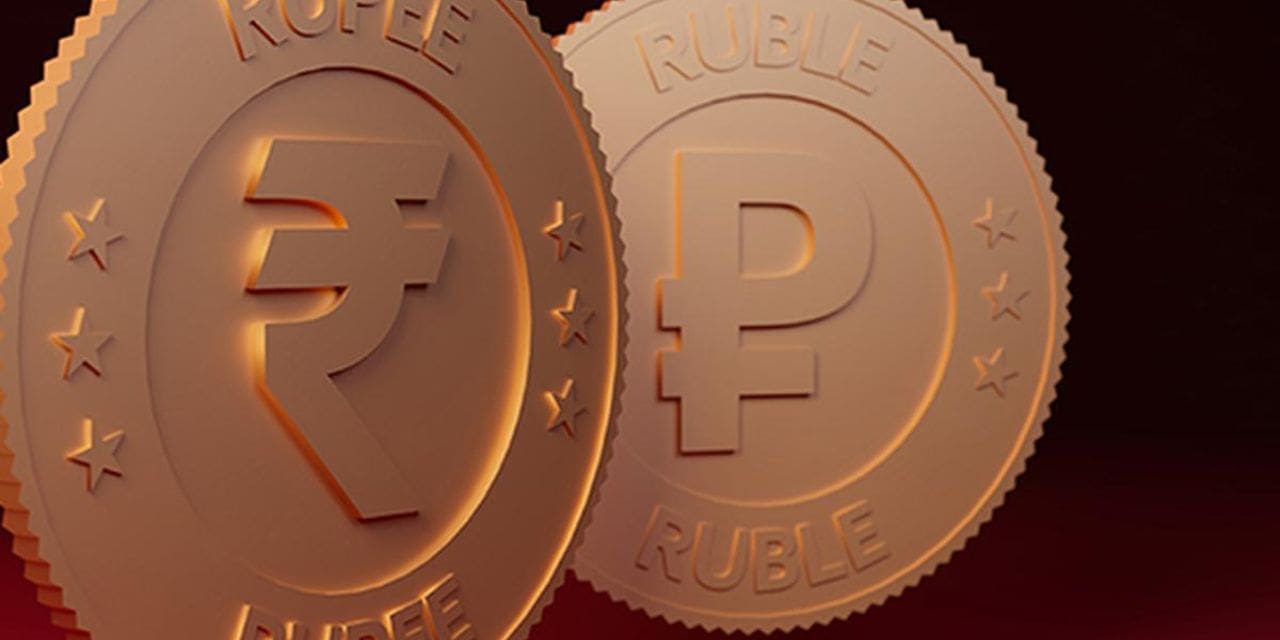The Engineering Export Promotion Council (EEPC) is in talks with two Russian banks that have operations in India to ease rupee trade because Indian banks are hesitant to issue electronic bank realisation certificates (eBRC) for exports to Russia out of fear of upsetting the US and losing their US branch licences.
Banks provide exporters with the eBRC as proof that exports have actually occurred. In essence, it is evidence that exports took place. The eBRC is submitted by exporters to the Reserve Bank of India so that it can be compared to the information in the RBI’s Export Data Processing and Monitoring System (EDPMS). The exporter would be listed in RBI’s books as a “defaulter” absent the eBRCs.
Chairman of EEPC Arun Kumar Garodia stated The Engineering Export Promotion Council (EEPC) is in talks with two Russian banks that have operations in India to ease rupee trade because Indian banks are hesitant to issue electronic bank realisation certificates (eBRC) for exports to Russia out of fear of upsetting the US and losing their US branch licences.
Banks provide exporters with the eBRC as proof that exports have actually occurred. In essence, it is evidence that exports took place. The eBRC is submitted by exporters to the Reserve Bank of India so that it can be compared to the information in the RBI’s Export Data Processing and Monitoring System (EDPMS). The exporter would be listed in RBI’s books as a “defaulter” absent the eBRCs. Chairman of EEPC Arun Kumar Garodia stated still facing penalties.
An Indian exporter has two alternatives for receiving his money: either through tiny Russian banks that are not yet subject to sanctions in hard currency, or through an Indian bank in rupees. No Indian bank, however, is prepared to provide an eBRC. As a result, EEPC is currently in discussions with the minor Russian banks to determine how they might issue eBRCs for rupee payments.
The RBI has permitted several Russian banks to open “special vostro rupee accounts,” according to Garodia (SVRA). He expressed optimism that these obstacles may be overcome in a month or two, allowing India to engage in export trade with additional nations including Sri Lanka, Iran, and Bangladesh in addition to Russia. FTAs. Myanmar
Recently, Piyush Goyal, the minister of commerce, noted that while firms like Hyundai and Kia Motors were fully utilising the FTA with Korea and increasing the trade deficit, Indian businesses were unable to take advantage of the FTAs with Korea and Japan due to strong nationalistic sentiments in those countries. In a speech that has since gone viral, Goyal argued that India could not sell one tonne of steel in Korea or Japan simply because the purchasers there would buy exclusively from their own companies “even if it costs $100 more”.
When questioned about this, Garodia responded that these FTAs were still in the “gestation period” and that eventually Korean and Japanese businesses in India will start making purchases from within their own country. But he concurred that Indian exporters have to deal with a non-tariff hurdle caused by nationalistic sentiments. Government to government negotiations were the only way to resolve this, he claimed.

